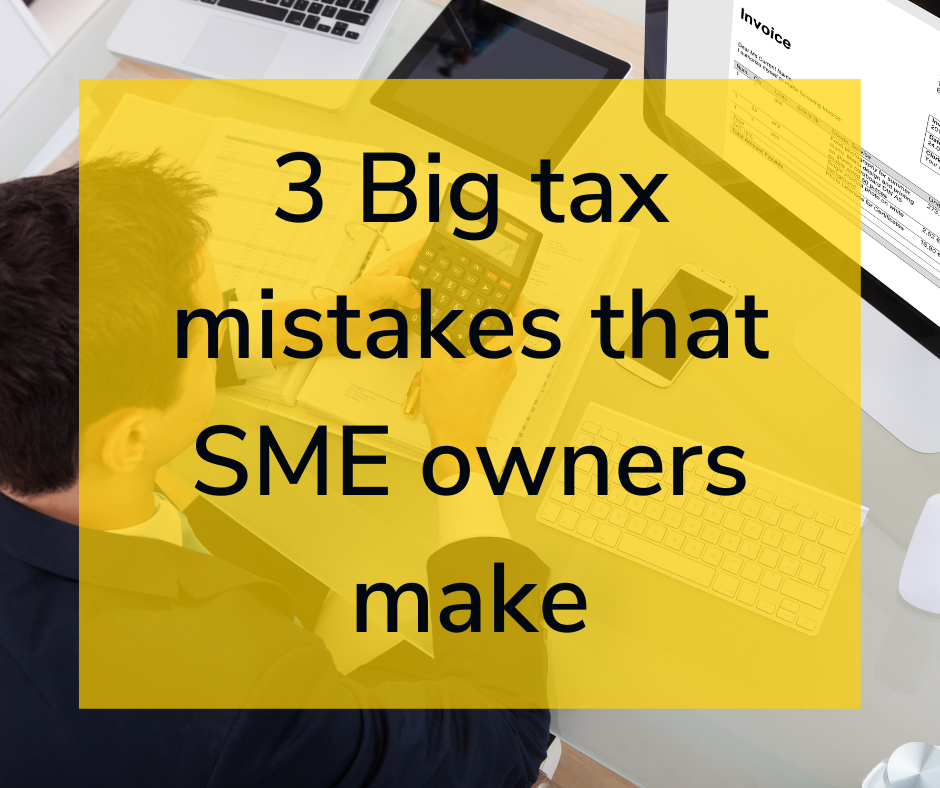 What better place to start than to ask some of our accountants who deal with tax and small businesses on a daily basis. Our research has shown that regardless of the industry, the tax mistakes are wide-spread. Hopefully you can learn from their misfortunes.
What better place to start than to ask some of our accountants who deal with tax and small businesses on a daily basis. Our research has shown that regardless of the industry, the tax mistakes are wide-spread. Hopefully you can learn from their misfortunes.
AIMS Accountant Paul Turner said that one of his clients set up as a company limited by guarantee which meant he could not take dividends.
Malcolm Neal from Devon said that his best tip for a small business is to speak to an accountant before you set up the business not after. “Several times I have spoken to people who have set up a limited company because they think that is the best way to do it but would have been better off starting the business as a sole trader or partnership and transferring to a limited company later because of losses they make in their early years of trading.”
It’s apparent that every situation is different so it’s best for small businesses to get some advice from an accountant on the best structure for their business.
Tax Mistake #2; “not having the right accountant”
It may sound daft, but a lot of businesses stick with their accountant not knowing what else is out there. Speaking to another accountant to see what they can offer is a good way of comparing the marketing.
Steve Lucas from Berkshire said that he ‘acquired a client because the client’s prior accountant charged too much – however on review of his records I found that he had also overpaid VAT by £10,000 which I was able to reclaim. Having the wrong accountant can be more expensive than most customers realise.’
Laura Sturrock from Northampton agreed, saying that small businesses ‘need to seek advice from an accountant when a business is contemplating a transaction. After the transaction has taken place is too late. In particular, this applies to capital gains tax on the sale of assets.’
AIMS offer a no obligation consultation and are happy to chat about your specific business needs to avoid things going wrong further down the line.
Tax Mistake #3; ‘not keeping business and personal banking separate’
It might be a small point but it’s important that business owners have a clear distinction between their personal and business finances. Andrew Jenvey from Romsey says that ‘not having a separate bank account for a business can be hugely costly. It allows HMRC to have access to personal finances and creates confusion.’
Our tip; have a business account for business and a personal account for your personal finances.
Remember, good accounting is good business. If you like the way we think – you will like the way we work.
AIMS Accountants for Business are the largest independent association of professionally qualified accountants in the UK specialising in accountancy for small, local and independent businesses. AIMS are no ordinary accountants and we are more than just number crunchers! Find your local AIMS Accountant.